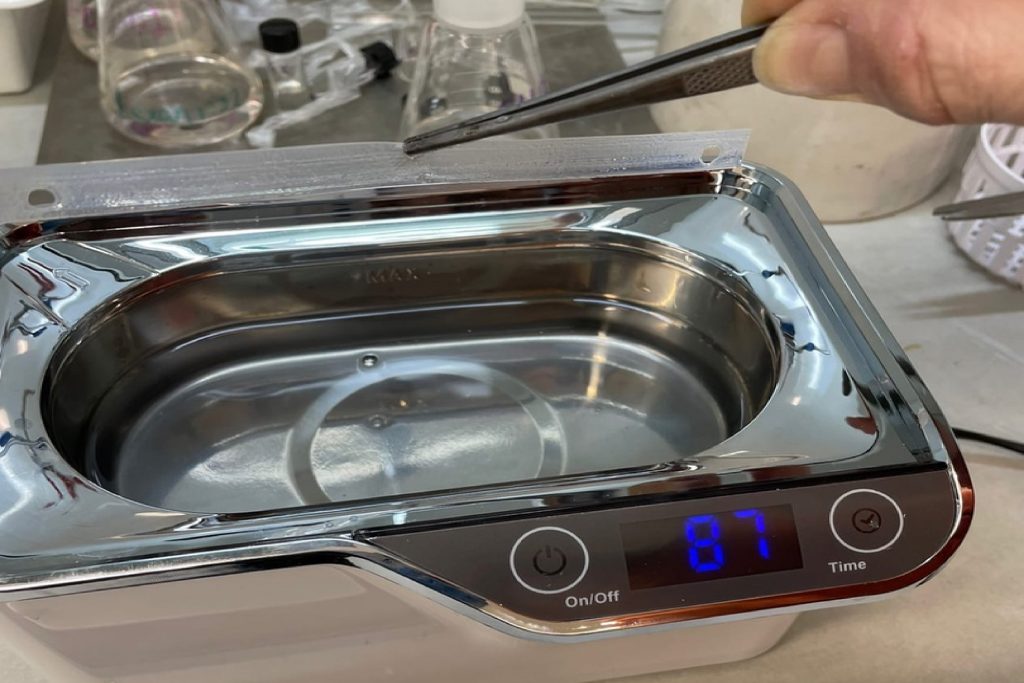The Technopark Slava will test a device for processing products printed on a 3D printer
A device for post-processing the surface of PET-G plastic products printed on a 3D printer will be tested at the Technopark Slava. Now it is going through the stage of developing and manufacturing a minimally viable product.
PET-G is a thermoplastic that is widely used in everyday life, for example, in dentistry, the food industry, optics, the production of decorative and artistic products. It is a transparent colorless material that is characterized by special strength and high melting point. The material is resistant to many chemical reagents and ultraviolet radiation. For all its advantages, there is one problem that almost all users of 3D printers face — the ribbing of the external surfaces. It is explained by the printing technology itself, in which the model is formed by applying layers of plastic sequentially, one on top of the other. Even if you reduce the thickness of the layer as much as possible, it is still impossible to get rid of the ribbing of the outer surface. To make the surface smooth, additional processing is required. To date, no 3D printing technology allows you to get a product that is immediately ready for use. The only difference between these technologies is that their application requires different post-processing time.
According to the latest data, post-processing can take up to 70% of the time spent on the entire process of additive manufacturing of the product. This is mainly due to the fact that almost all its stages are carried out manually. The innovation of the proposed device, which will be tested at the Technopark Slava, is the use of automated post-processing technology, which allows you to scale production and reduce costs.
Tests of the new device will take place until the end of August as part of the pilot testing of innovations program. The operator of the program is the Moscow Innovation Agency, subordinate to the Moscow Department of Entrepreneurship and Innovative Development of the city of Moscow. During its operation, 78 tests were launched, 57 of which were successfully completed. In total, the project will affect more than 100 state and commercial sites, on the basis of which products from 18 different industries will be tested.

Source: https://cnews.ru/link/a530219
